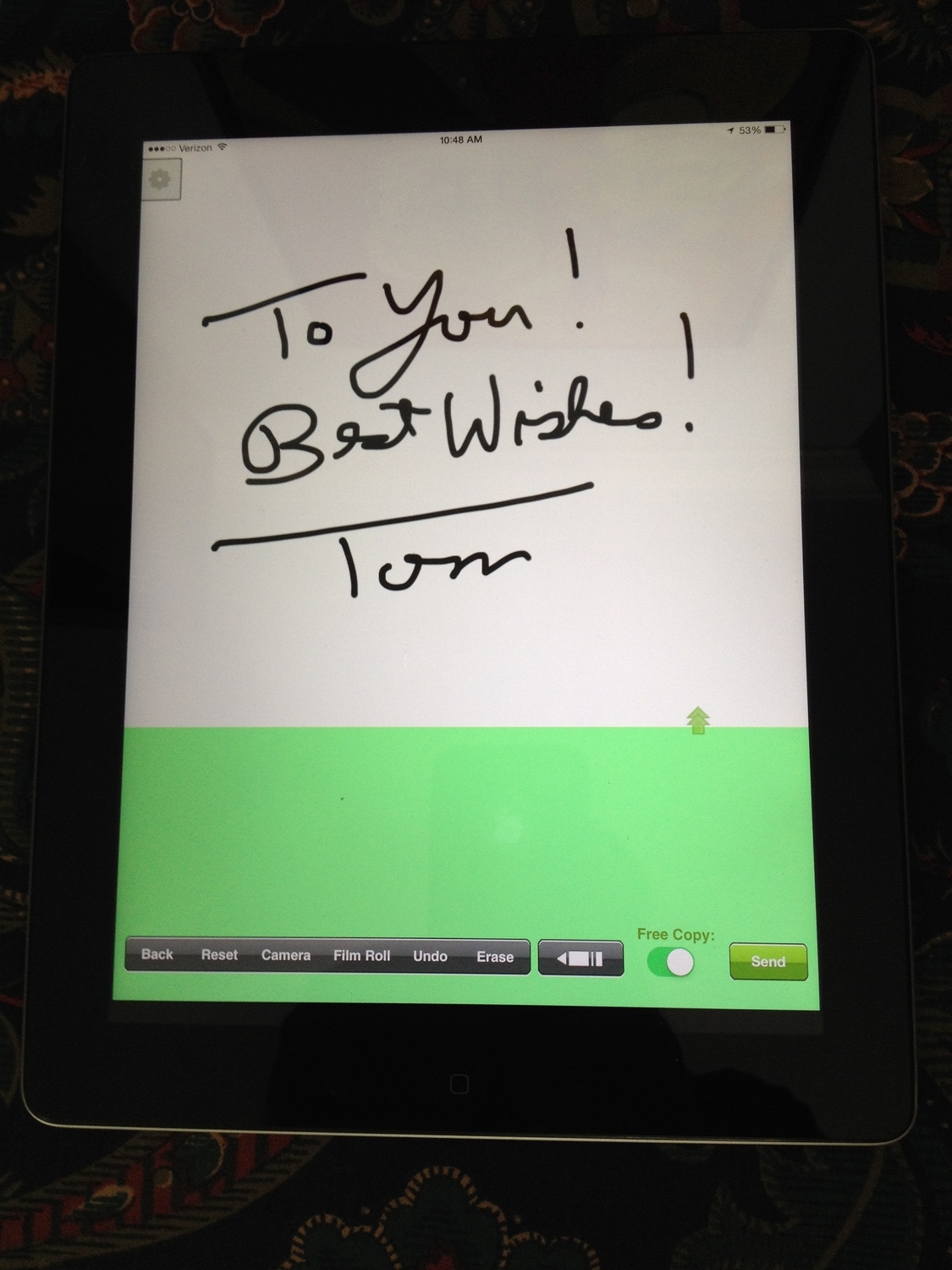This is a true story in every detail. Last night, I dreamed that I was at a comedy club, sitting somewhere up front. And, before I knew it, I was in front of the crowd and I was telling jokes, extemporaneously. I suddenly woke up from sleep in the middle of it all, but the dream somehow still continued in my head. I looked at a watch on the bedside table. It was 6 AM. I thought about getting up to write down what I was seeing and hearing, but the jokes weren’t that good. So I stayed in bed and watched myself do the rest of the unplanned act. Then I got up and ate breakfast, as many professional comedians do after a late show, perused the New York Times, and decided I should write down my mid-late-summer-night’s dream.
It was open mike night at the comedy club, and the first three people up had been pretty good. Then there was a long lull. At some point, I got up from my chair to go to the men’s room, but as I crossed over the front of the club, the proprietor got the wrong idea and shoved a microphone at me, and then a spotlight swiveled in my direction. I was completely taken by surprise. And what I said came over the sound system loud and clear.
No, no, no, I’m a professional philosopher. [Laughter] Don’t laugh, it’s true [Chuckles] – or maybe, do laugh, in honor of our context, but not at me, of course, or my choice of work, if you can call it that. [Scattered chortles]
No, I’m serious. I actually hold three degrees in philosophy, and they cost so much, I refuse to put them down. Well, technically, I earned only two degrees, but when my time at the university ended and I had to explain to my mother that I had chosen to study philosophy, she gave me the third degree – questioning of which Socrates would have been proud, and nearly up to the standards of what the CIA calls “enhanced interrogation.”
Once she had pronounced the word ‘philosophy’ properly and enunciated it a second time, she said, with a look of sheer disbelief, “Who’s ever going to pay you to know about philosophy?” And, like with every other philosophy question, I found myself … not at all sure of the answer.
But I imagine that Aristotle’s mother worried, too. She probably had something more practical in mind for him, like real estate. But he stuck with philosophy, and did pretty well. He invented logic. Not that anyone wants to use it, but still, it was a big deal. His mother probably ended up quite proud, but I’m sure she had her days.
And then, I bet the mother of Aristotle’s most famous student also worried the day that the inventor of logic showed up to teach her son, Alexander the Great. First, can you imagine going through life with a name like that? “Hi. I’m Alexander the Great.” The other kids must have teased him mercilessly. “Hey, if you’re so great, how come I’m the one holding your lunch money?” There were a lot of bullies and stolen drachmas along the way. No wonder he ended up wanting to conquer and dominate. And, with his immersion in philosophy, he did pretty well for himself – ironically, in real estate, where his holdings were once described as “the known world.” Not bad at all.
But my mother was worried. And it’s probably no coincidence that I also ended up with a license in real estate. I’m not kidding. And that made my mother proud. I mean, she was also proud of her son the doctor, even though it was a PhD. She had always thought MD, Medical Doctor, or JD, Juris Doctor, not PhD, Phoney Doctor.
The day I officially became a Doctor of Philosophy, I remember well, I was in a small store an hour later, not far from the Yale Campus (notice how I slipped that in – we philosophers are always polishing our resumes for any job that might be out there), and I signed the credit card slip with my usual, big, sloppy signature. The young clerk looked at it and then at me and said, “Are you a doctor?”
I said, “Well, yes,” and before I could give him the sort of long and detailed explanation that we philosophers always like to provide for nearly anything, he showed me a rash on his arm and said, “I’ve got this skin irritation and it’s really bad. What should I do?” Well, I didn’t know how to react to that except to say, “It looks like contact dermatitis. Soak it in warm salt water, which is called ‘Dakin’s Solution,’ and do this three times a day, and in a week or two it should be gone.”
The guy said, “Wow, thanks.” Then, as I turned to leave with my merchandise, he asked, “What kind of doctor are you?”
I said, “Epistemologist,” and got out of there as quickly as I could.
That’s a completely true story. But I digress. I’m a real doctor, of philosophy, and the author of 20 published books. I should clarify that this is the number that have actually been printed and sold. It’s a shame. They said that the new technology for publishing was such a great thing – it’s called “Print on Demand.” I should have realized that, for most philosophy books, there’s a problem with that approach. There’s actually no demand. I mean, in a world of shrinking Kierkegaardians and expanding Kardashians, the profundity market has gotten pretty small. I’ve even heard that they’re about to shut off the lights at most major philosophy departments. But that shouldn’t be a problem. Philosophers have been groping in the dark for centuries.
Are there any philosophy majors here tonight? Raise your hand. Come on. Let’s see a show of hands, please. Ok. One guy, raising his hand with great hesitation and a look on his face that says he’s not really sure about doing this. But, hey, a philosophy major ends up being not very sure about anything. And, this is a comedy club, so I can quote on this point another philosophy major and comedian, the great Steve Martin, who once said that, no matter what your major is in college, two years later you forget it all. Except for one choice. If you major in philosophy, you’ll remember just enough to mess you up for the rest of your life. Am I right? Our philosophy major is nodding agreement – a historic moment, the first time in all of human history that two philosophers have agreed on anything, and it happened right here, right now. And if we include Steve, it’s actually three of us. We should call the newspaper. Or, at least, so it seems to me. I can’t, of course, be sure.
You know, there aren’t that many philosophy majors at all these days, as you might imagine. And it’s a bit strange that there are any who do it successfully. I mean, if you think that majoring in philosophy would be a smart career move for you, then, maybe, you’re not quite bright enough to be studying it in the first place. It’s a real dilemma.
But I did it, and I continue to practice it for a living, I mean philosophy, spending my days doing what professional philosophers do – thinking, pondering, reasoning. Our friends and families should have a support group like ALANON: maybe call it PHILANON. “He’s just sitting around the house thinking all the time. I can’t take it any more.” – “I know what you mean. My husband objects to everything I say and to half the things that he says himself. It’s driving me crazy!” Therapy could help – or at least group empathy and commiseration.
But, as I said earlier, I do also write books. And, the last time I was here at this club, some years ago, I hate to say, I brought one of them with me. And I remember well what happened. I put it down on a table and turned away for a few seconds and some guy nabbed it and took off. Yeah, really! A purloined philosophy book!
But a block away from the club, a cop saw him looking suspicious and grabbed him and saw what he had taken, and realized that all he could accuse him of, in the situation, was: clearly not understanding the concept of theft. He explained to the guy that theft involves wrongfully taking something of value, and that what he had done was disqualified on numerous grounds. First, a book of academic philosophy has no clear practical value. Second, it’s not obvious that you can wrongfully take such a book from anyone. You’re actually doing them a favor. You’re saving them the agony of reading all the incomprehensible sentences and serpentine arguments to be found therein, not to mention all the words like ‘therein’. It’s not a criminal act, but an altruistic one, almost like falling on a live grenade to save another person, or grabbing a poisonous snake away from a toddler.
But then, the guy made it worse for himself when he said, “I took it because I liked the cover.” It did have a very pretty cover. But the cop knew that judging a book by its cover was one of the cardinal fallacies in philosophy. And so, he reasoned that, ironically, maybe the guy really needed to read such a book of philosophy after all.
Beyond that, the cop saw right away that what the guy had stolen was … a book on ethics – yeah, ethics. And, of course, that’s exactly the sort of guy who should have such a book in his possession, who actually needs the book. In a sense, you could say, it’s rightfully his. I mean, who better to have and read a book on ethics than a guy who stole it? It’s a larceny that somehow reaches the level of serendipity.
And I’m pleased to report that the whole situation worked out well in the end. The guy avoided jail time. And he actually read the book. So I do have at least one reader out there. Amazing. And it gets even better. My reader turned his life around, got an education, and double majored in business ethics and criminal law, two specialties that nowadays seem to be exceptionally well suited for each other.
But, well, hey. That’s enough from me. You’ve been a great audience. And I was just on my way to the men’s room. So, as they say, I gotta go. Thanks!









































